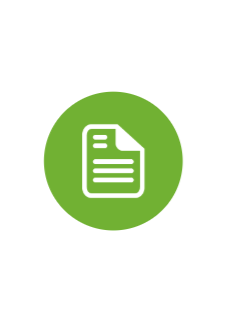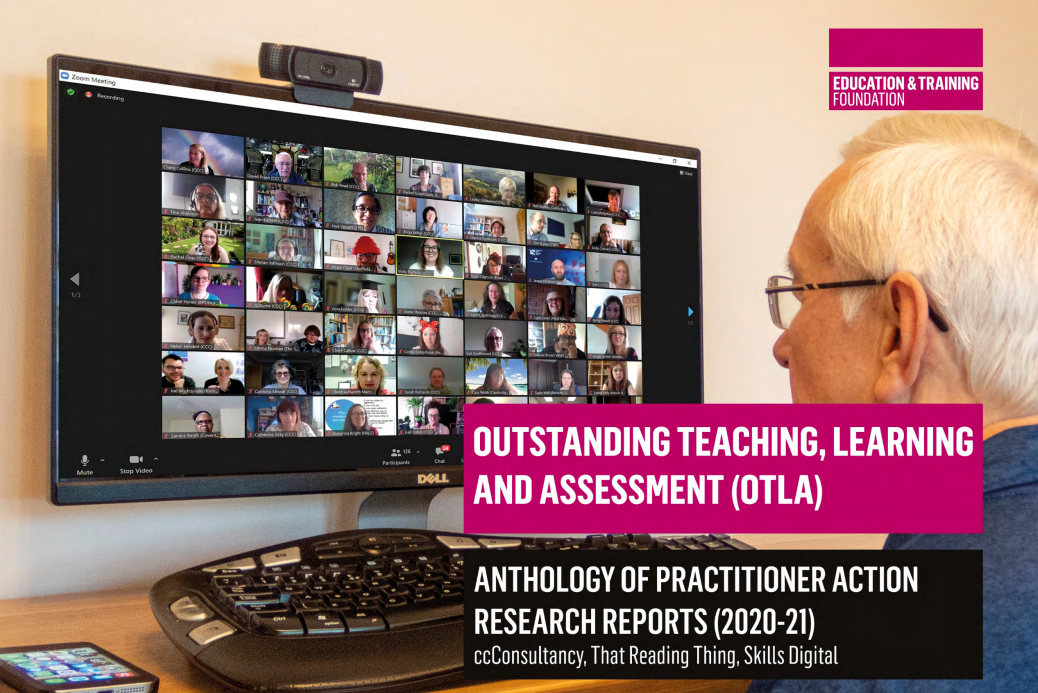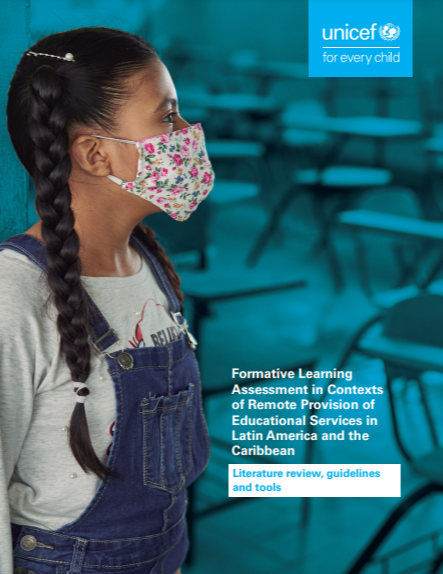
Intermediate
Improving Education through Assessment, Innovation, and Evaluation
2006
Improving Education through Assessment, Innovation, and Evaluation
2006
Improving Education through Assessment, Innovation, and Evaluation
MORE DOCUMENTS
-
ResourcesContent Type: DocumentsCreated: 2021
-
ResourcesContent Type: DocumentsCreated:
-
ResourcesContent Type: DocumentsCreated: 2021




